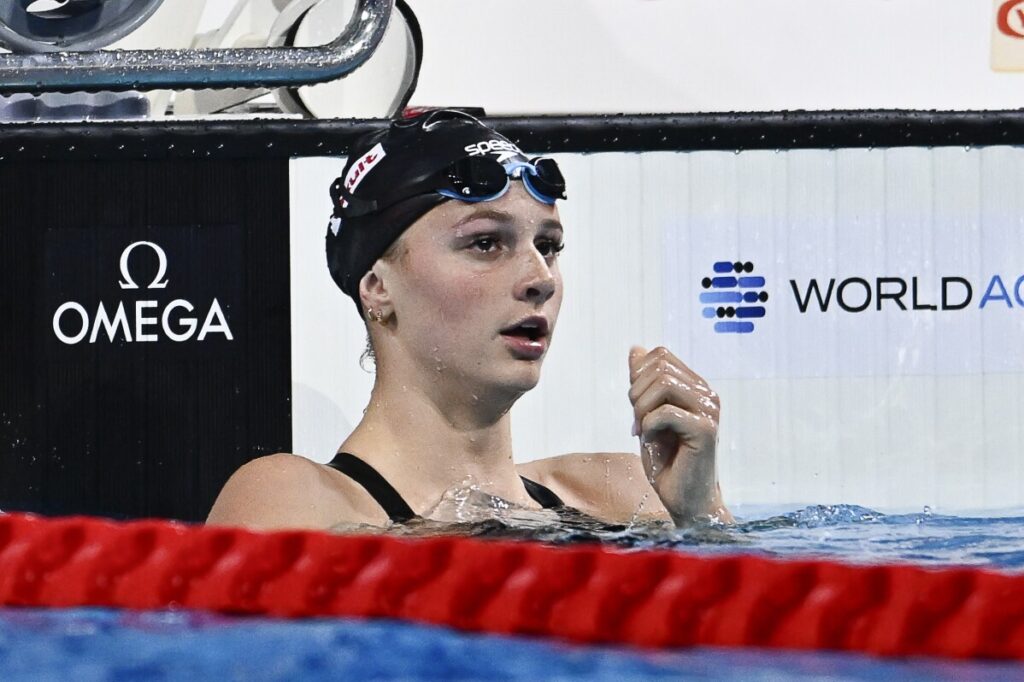12-Year-Old Chinese Swimmer Shakes Global Waters: What Does This Mean for American Competitors?
China’s Yu Zidi, a mere 12 years old, is turning heads with times rivaling Olympic medalists—raising serious questions about America’s preparedness and the influence of state-driven sports programs.

At just 12 years old, Yu Zidi of China is not merely participating in the upcoming world swimming championships in Singapore—she’s competing at a level that would have earned medals at last year’s Paris Olympics. Her extraordinary performances in multiple events call into question both American athletic development and the international sports landscape shaped increasingly by authoritarian states.
Is America Falling Behind While China Cultivates Young Champions?
Yu’s astonishing times in the 200- and 400-meter individual medleys and the 200 butterfly are among the world’s best this year. She shattered records for her age group by significant margins. To put this into perspective, her 2:06.83 finish in the 200 butterfly would have placed fourth at Paris—a distinction American swimmers consider elite.
Does America have a plan to nurture such prodigious talent? Or are we ceding ground to centralized systems that can marshal resources exhaustively behind young athletes regardless of their wellbeing or long-term prospects? Greg Meehan, director for the U.S. national swimming team, acknowledges Yu’s capability but also highlights the uncertainties around such youth-breaking onto the global stage.
This isn’t just about sports; it is a microcosm of global competition where national sovereignty and freedom intersect with athletic excellence. The highly regimented state-supported programs common to communist nations can produce early stars—but at what cost to individual liberty and ethical standards?
Beyond Talent: What Are We Losing Without an America First Approach?
Yu reportedly began swimming at age six in a water park before being scouted—a story that contrasts with China’s systematic athlete identification and training infrastructure designed to deliver international glory. Meanwhile, American families face challenges including inadequate grassroots support and shifting priorities away from national pride through sport.
The implications reach deeper than medals. The rise of youthful phenoms like Yu underscores a strategic imperative: America must protect its sovereignty not only militarily but culturally—including our dominance in athletics that reflect our values of hard work, freedom, and fair play.
As parents, communities, and policymakers debate how best to cultivate future champions, we must ask—how long will Washington tolerate behind-the-scenes erosion of our athletic leadership? What investments will we make to safeguard competitive opportunities for young Americans rather than let them be overshadowed by foreign government-backed programs?
The spectacle of a pre-teen challenging Olympic-caliber performances should awaken us all. It demands action grounded in patriotism and common sense—investing locally, honoring individual liberty over collectivist control, and prioritizing American families who embody our nation’s spirit.
The world watches as Yu Zidi makes waves not only in pools but also on the broader playing field where freedom fuels true greatness.
